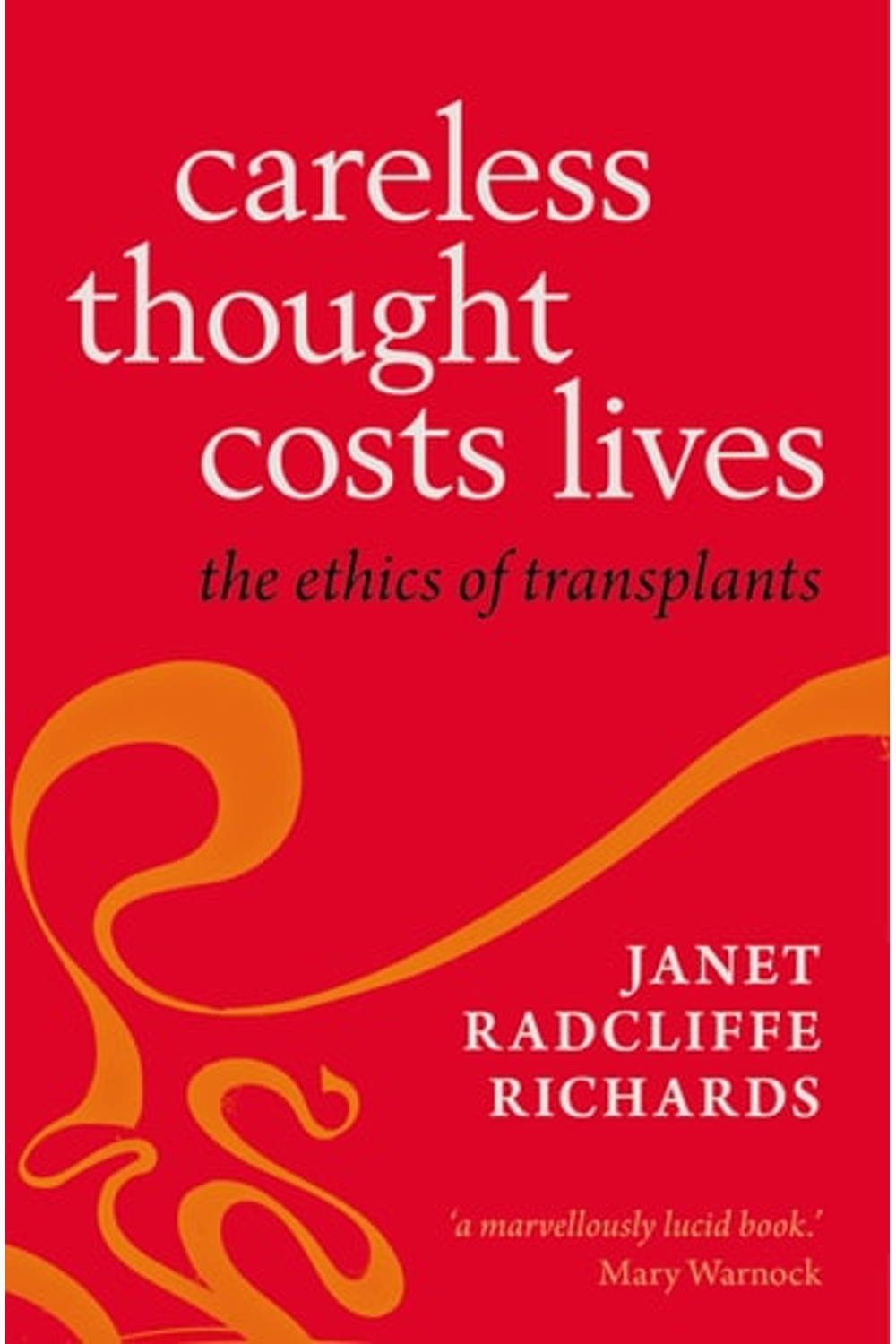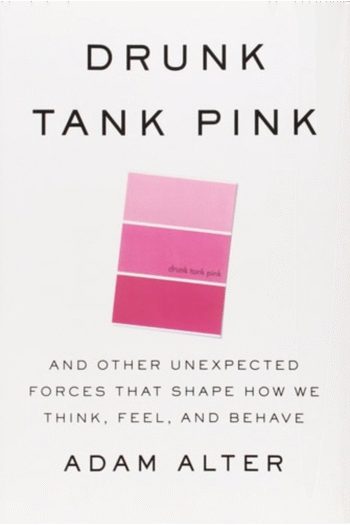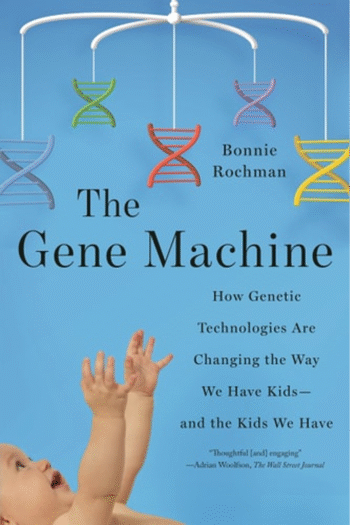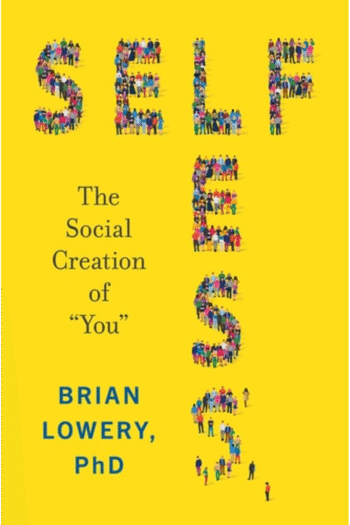A critical examination of the ethics surrounding organ transplantation, Janet Radcliffe Richards’ “Careless Thought Costs Lives” challenges conventional wisdom on organ donation. This insightful book argues that systemic issues and ingrained societal biases, not just individual reluctance, are primary drivers of the organ shortage crisis. Richards, a renowned philosopher, meticulously dismantles common justifications for existing policies, exposing how ‘careless thought’ leads to preventable deaths. This edition from Oxford University Press provokes readers to confront uncomfortable truths and re-evaluate their perspectives on consent, autonomy, and the value of life in the context of medical ethics. Perfect for healthcare professionals, ethicists, and anyone seeking a deeper understanding of this vital and often misunderstood issue.
Careless Thought Costs Lives: The Ethics of Transplants
22,79 $
In stock
Everyone knows that transplantation can save and transform lives, but thousands die every year on waiting lists because there are not enough organs available. If more people could be persuaded to donate, more lives could be saved. But is individual reluctance to donate the root of the problem? Individual choices are made against the background of prevailing laws, conventions and institutions, and many of those present direct or indirect obstacles to organ procurement, from both the living and the dead. If any of those cannot be justified, the deaths they cause are similarly unjustified.
In The Ethics of Transplants, Janet Radcliffe Richards, a leading moral philosopher and author of The Sceptical Feminist and Human Nature after Darwin, casts a sharp critical eye over these institutional barriers to organ procurement, and the logic of the arguments offered in their defense. Her incisive reasoning forces us to confront the implications of unexamined intuitions, leads to several unexpected conclusions, and in doing so demonstrates the crucial importance of clear thinking in public debate.
| Authors | |
|---|---|
| Binding | |
| Condition | |
| ISBN-10 | 0199678774 |
| ISBN-13 | 9780199678778 |
| Language | |
| Pages | 304 |
| Publisher | |
| Year published | |
| Weight | 224 |
| Edition | Reprint |
Related products
- Additional information
- Currencies
- USD – United States dollar
- EUR – Euro
- GBP – Pound sterling
- CNY – Chinese yuan
- BRL – Brazilian real
- MXN – Mexican peso
- JPY – Japanese yen
- PHP – Philippine peso
- THB – Thai baht
- PLN – Polish złoty
- CAD – Canadian dollar
- MYR – Malaysian ringgit
- AUD – Australian dollar
- TWD – New Taiwan dollar
- CZK – Czech koruna
- SEK – Swedish krona
- HUF – Hungarian forint
- ILS – Israeli new shekel
- CHF – Swiss franc
- HKD – Hong Kong dollar
- DKK – Danish krone
- SGD – Singapore dollar
- NOK – Norwegian krone
- NZD – New Zealand dollar





